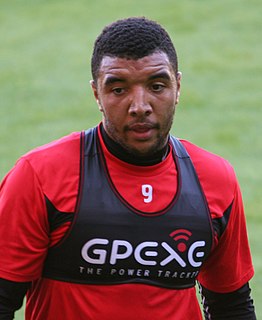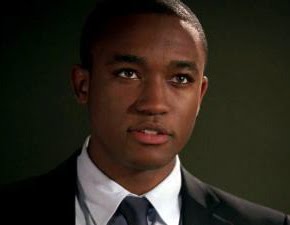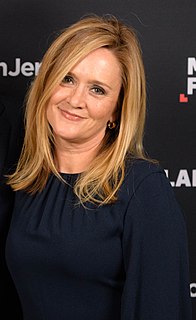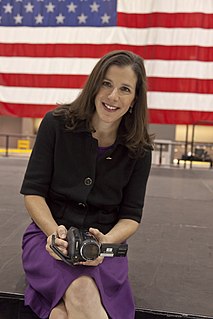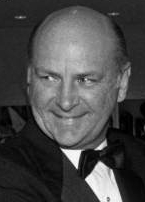A Quote by Stefflon Don
I wouldn't change my childhood for anything. The Dutch are really nice people. The schools were great.
Related Quotes
When I talk about it, now people imagine I had an impoverished childhood, especially when I tell people we used to have to put coins in the side of the telly. But we were really happy. Mum never complained, there was always music playing in the house and we were always dancing around. It was a great childhood.
I don't think that comedy is going to affect or change anything. I remember back in 2004 people were like, "How does it feel knowing that you're going to be part of the shifting tide in the political system?" And in the end nothing changed, and we weren't part of anything. And we're not happy anywhere. I think we're kind of hoping, obviously, but it didn't really have a great impact on people.
There were two recording studios in Bellingham. One was really expensive, a "nice studio." We were at the point where we were young and irreverent. We would scoff at the idea of a nice studio. "Why would you want to go to a nice studio? Oh wow, they have really expensive gear. Ooh, that's really fancy. Well we've got an eight-track. We've got it going on here." Now that we have the resources, we're like, "Oh wow, a nice studio is pretty nice! They do have nice outboards here. It's actually a pretty good place." It's funny how much changes so quickly.
I think that one not only has to make demands on the established group, but one also has to make demands on the outsider group. One has to make clear: if you want to leave, please do so. But if you want to stay here, a degree of accommodation to the Dutch outlook, Dutch manners, and a degree of identification with the Netherlands will be expected of you. There is no reason why there cannot be Dutch Turks or Dutch Moroccans. But one can expect from them a degree of identification, some change of their own social identity.
One of the things that is nice about these old pastors - they were young at the time - who went into the Middle West is that they were real humanists. They were often linguists, for example, and the schools that they established were then, as they are now, real liberal arts colleges where people studied the humanities in a very broad sense. I think that should be reflected in his mind; appropriately, it is.
My whole childhood, that made my skin curl. I was looking for something authentic. I think that drove me into the arts, I really do. That really did it. The only other thing that made me survive, as a human being, was getting into the arts. I was surrounded by people that were very bright and they invited you in. They were gracious. So, it gave me a great education.
I've noticed a fascinating phenomenon in my twenty-five years of teaching - that schools and schooling are increasingly irrelevant to the great enterprises of the planet. No one believes anymore that scientists are trained in science classes or politicians in civics classes or poets in English classes. The truth is that schools don't really teach anything except how to obey orders.
If you think that people should be nice to one another, then by
all means be nice. But when you project that belief onto the
people and the world around you as if it were an objective reality,
or worse still, as if it were their job to be nice to you, you put
yourself at odds with what is, and suffering will surely follow.


